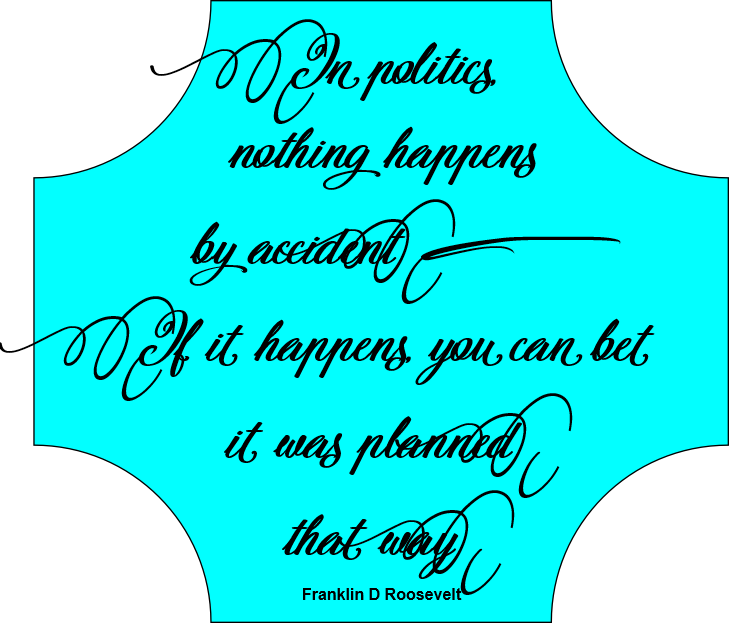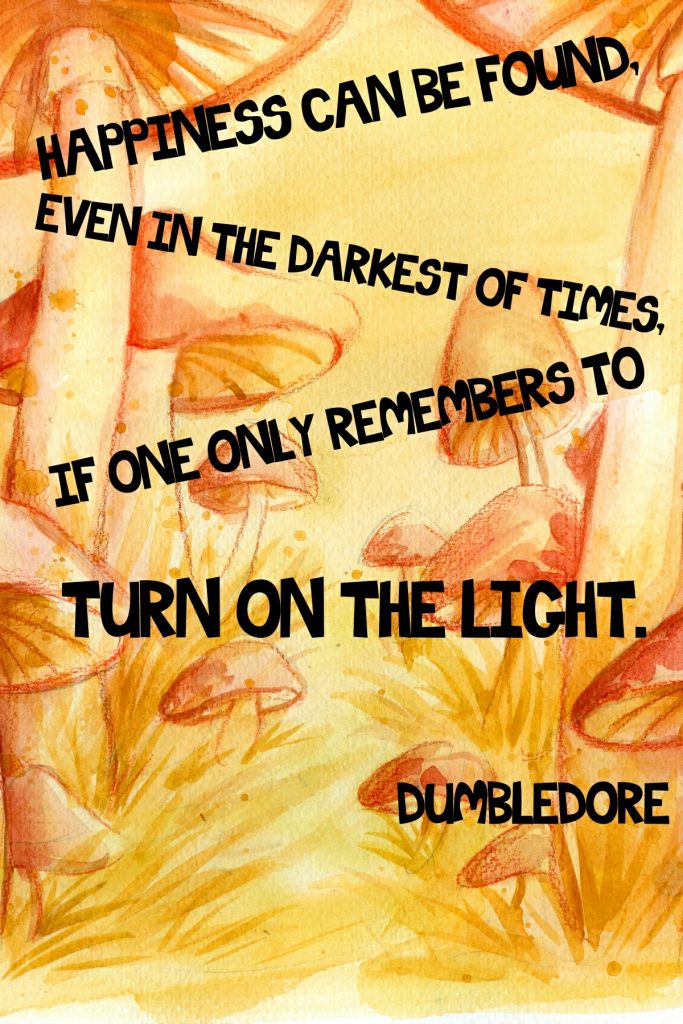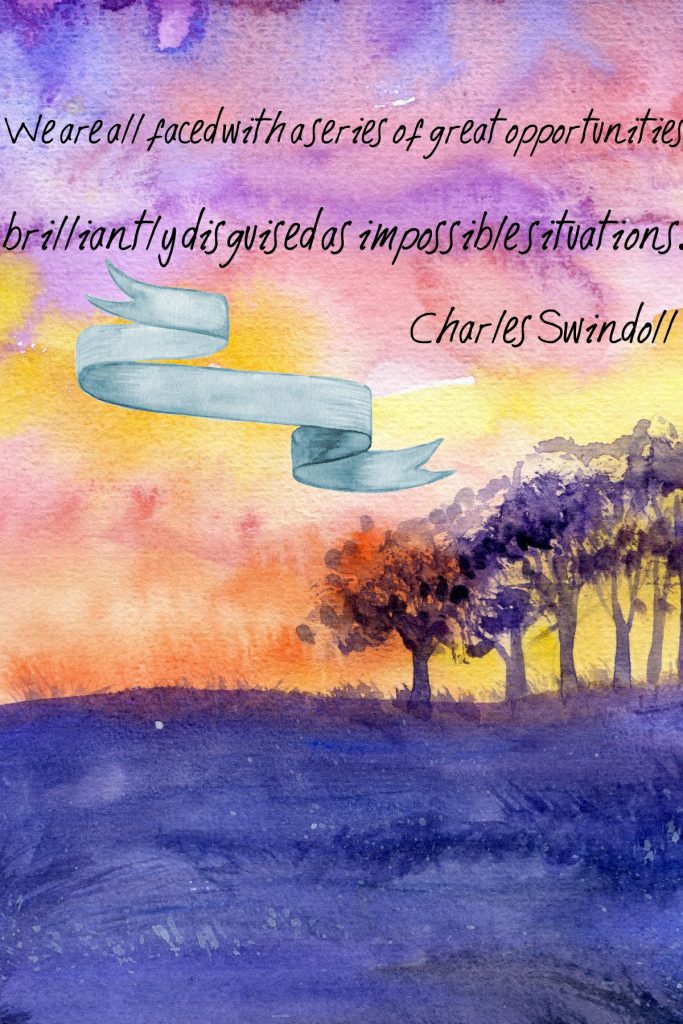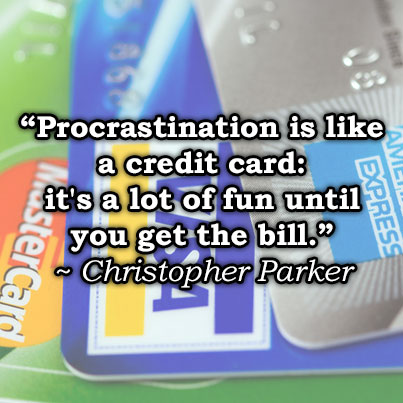This post contains affiliate links. I am a participant in the Amazon affiliate program. A purchase from this page may trigger a commission at no cost to you, for this site.
 Even when you’re working towards a goal that you desperately want, motivation can sometimes be a struggle. And how much harder when the goal to be achieved is not yours, but someone else’s? If you sometimes struggle to keep your motivation, you’re not alone! You can join in the Motivation Clubs on Google groups to join an enthusiastic group of people getting motivated about lots of things and be sure to join the Facebook Group @keepherlit. Remember, it’s easy to unsubscribe if you want. So what have you got to lose? Nothing – and everything to gain! If you want an idea of what kind of help you can get – read on.
Even when you’re working towards a goal that you desperately want, motivation can sometimes be a struggle. And how much harder when the goal to be achieved is not yours, but someone else’s? If you sometimes struggle to keep your motivation, you’re not alone! You can join in the Motivation Clubs on Google groups to join an enthusiastic group of people getting motivated about lots of things and be sure to join the Facebook Group @keepherlit. Remember, it’s easy to unsubscribe if you want. So what have you got to lose? Nothing – and everything to gain! If you want an idea of what kind of help you can get – read on.
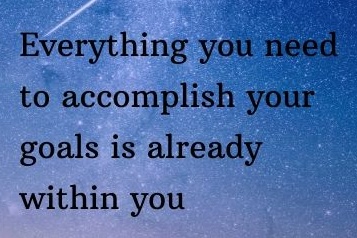
Making A Start
It can be a lot easier to find the initial motivation to achieve a goal when you first set out. It can be exciting to think of getting there! But maybe a couple of weeks down the line, a few difficulties or interruptions, and the initial excitement has died and perhaps your motivation may be starting to dwindle. It can be easy to get motivated in the first place, but maintaining the initial excitement is not, however, there are ways to boost motivation if it starts to slip. Here are 3 tips you can use right away, if you feel your motivation slipping:
1.) Commit Publicly
If you keep your goals secret, it’s easy to give them up because you can argue that no one else will know. It’s a lot harder to give up if you have told others what you are doing so you’ll be more motivated to achieve them. After all, if other people know, you will find yourself not wanting to admit you have given up. Also, if you have included others, (buddy system) you will not want to let them down. People may also ask about your goal, which can motivate you to keep going. So, one tip to keep you going is to let others know what you’re doing, or to buddy up with someone wanting the same goal or to use the same technique because then you can motivate each other. If you like reading books on motivation,this is a popular one from Daniel Pink.
2.) Remember Your Purpose
Your purpose is the “WHY?” behind your goal. It’s the reason you have the goal in the first place, whether it’s to learn a language, write a report for work, complete your dissertation, lose weight, get fit, stop smoking, or whatever.
If learning a foreign language is your goal, your purpose is WHY you want to learn it. Are you going on holiday there? Do you want to work there or you have a pen pal or a romantic interest you want to communicate with? On the other hand, losing weight may be your goal. Your purpose for losing weight may be to improve your health, look good at a school reunion or a wedding, or because you want a job where your current weight is an issue.
Quite often your purpose arises from some incident that spurred your decision to make a change. It might be a request from your boss for a report that could earn you some kudos, or something as simple as a button bursting on your largest pair of pants, getting breathless climbing stairs, or it could be a difficult conversation with your doctor over your health.
 When you first start working on a goal, you can feel that you have endless mountains of motivation and if a goal could be reached inside a day or a week, it would be done! This is because that particular something that spurred you to make a change – that request or button bursting or the conversation with your doctor – is pushing you towards achieving that goal but very often that spurt of motivation fades after a while, and it is easy to lose sight of why you started in the first place.
When you first start working on a goal, you can feel that you have endless mountains of motivation and if a goal could be reached inside a day or a week, it would be done! This is because that particular something that spurred you to make a change – that request or button bursting or the conversation with your doctor – is pushing you towards achieving that goal but very often that spurt of motivation fades after a while, and it is easy to lose sight of why you started in the first place.
At that point, you need to remember your purpose – the “Why” of stretching towards that goal. It’s never “”I want to lose weight”, it’s always “I want to look good at the reunion / wedding / ceremony” or “I want to be healthy to play with my children / grandchildren / go on a cruise / climb a mountain / visit Machu Picchu, etc.
To find your purpose, keep asking “Why” you are working towards a particular goal and then work back to find the purpose for that goal. So, “why do I want to lose weight?” It might be “to be healthy”, “Why do I want to be healthy?” “To see Machu Picchu”. You will have found your purpose once you cannot find any more “Whys?” If you want to see Machu Picchu or go to a reunion or take up dancing because you have always wanted to do this thing, then that is your reason, your “Why”.
So, how do you help yourself to remember your purpose? Give yourself something to see every day. It might be a piece of clothing you want to get back into, or a picture of the place you want to visit. It could be a vision board showing views of your (unwritten) novel, or your dream bathroom or a Daruma Doll, anything that will remind you of your purpose and motivate you to achieve your goals.
3.) Break your Goals Into Easy Steps
Rather than create goals that are too broad and that will take ages to reach, set smaller goals, easy steps which can be easily achieved. As you reach each one, this achievement will boost your motivation to reach the next one. Use a motivation chart to give yourself a visual record of just how far you have climbed. It feels great to be able to color in a completed section or tick off a goal reached.
These are just 3 ways to boost your motivation to achieve your goals and reach your “why”. Motivation takes work, it’s not magic. But there are many tips and tricks that can keep your interest in reaching your goals and working to achieve them. Motivation Clubs can help you find your motivation to achieve your goals.
You can find an article on how to get motivated here.
 Change is the law of life.
Change is the law of life.